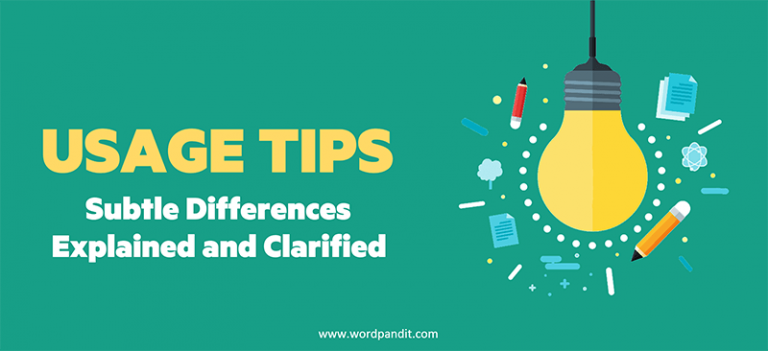Accelerate vs. Exhilarate: A Comprehensive Analysis of Distinctions 🚀😃
The juxtaposition of the terms accelerate and exhilarate often leads to semantic confusion, largely due to their phonetic similarity and connotations of heightened intensity. However, these words diverge significantly in their meanings and appropriate contexts of use. By examining these distinctions in a systematic manner, one can enhance the precision and sophistication of both written and spoken communication. A deeper understanding of such lexical nuances is crucial, especially in academic, professional, and even everyday settings where clarity and specificity in language use are of paramount importance. 📚✍️
Definitional Clarifications 🔍
Accelerate pertains to an increase in velocity or the hastening of a process. It denotes an enhancement in speed or progression, applicable in both literal and metaphorical contexts, such as a vehicle gaining speed 🏎️ or the expedited progression of an initiative. The term is often employed in scientific, technological, and economic domains, where quantitative changes over time are observed.
Exhilarate, conversely, refers to the stimulation of emotions, specifically the induction of a state of joy or excitement. 🎉 It is associated with affective intensification, often experienced during thrilling events or inspiring moments. Unlike accelerate, which is action-oriented, exhilarate is primarily concerned with human emotions and subjective experiences. 🌟
Phonetic Representation 🔊
- Accelerate: /ak-ˈsɛl-ə-ˌreɪt/
- Exhilarate: /ɪɡ-ˈzɪl-ə-ˌreɪt/
Etymological Analysis 📜
- Accelerate: Derived from Latin accelerare (to hasten), emphasizing rapid movement or development. 🏁
- Exhilarate: Derived from Latin exhilarare (to make cheerful), highlighting emotional upliftment. 😊
Exemplification in Usage 📝
Accelerate: “The economic reforms were designed to accelerate growth within the emerging markets.” 📈
Exhilarate: “The breathtaking vista from the summit was utterly exhilarating.” 🏔️
Synonymic and Antonymic Relations 🔄
- Accelerate: Synonyms – hasten, expedite, quicken; Antonyms – decelerate, retard, impede. ⏩
- Exhilarate: Synonyms – thrill, uplift, invigorate; Antonyms – depress, bore, dishearten. 💔
Comparative Contextualization ⚖️
While accelerate focuses on kinetic or temporal speed, exhilarate highlights emotional elevation. For instance, a roller coaster accelerates 🎢, creating an exhilarating experience for the passengers.
Contextual Illustration 🌐
“The policy measures sought to accelerate economic recovery, which, in turn, exhilarated the investor community.” 💹😊
Mnemonic Association 💡
Accelerate involves A Car 🚗 increasing speed, while Exhilarate involves EXciting emotions 🎢.
Related Lexical Pairs 🔗
Explore other commonly confused word pairs like affect vs. effect, elicit vs. illicit, and complement vs. compliment. 🎙️
Summary 📝
In summary, accelerate refers to hastening movement or progression, while exhilarate evokes intense excitement. Understanding these distinctions enhances communication across various fields. 💬✨
Test Your Knowledge: Accelerate vs. Exhilarate Quiz
1. Which of the following best describes the meaning of “Accelerate”? 🏎️💨
2. What emotion does the word “Exhilarate” most closely express? 😊🎈
3. The runner tried to ___ her pace in the final lap to win the race. 👟🏅
4. True or False: “Exhilarate” means to increase speed. ❌❓
5. Which of these words is a synonym for “Accelerate”? 🔄🏃♀️
6. Which scenario best illustrates the meaning of “Exhilarate”? 🎉🎢
7. Identify the antonym of “Accelerate.” 🔄↩️
8. Which word from the pair has a Latin origin meaning “to make cheerful”? 📜🎈
9. The thrilling movie managed to ___ the audience throughout its runtime. 🎬🍿
10. Which sentence uses “Accelerate” correctly? 🚗💨













